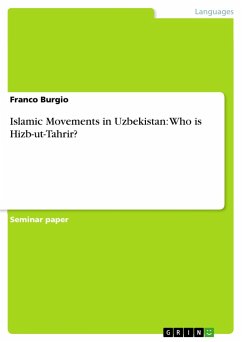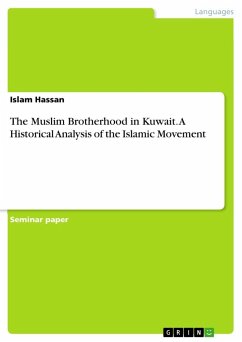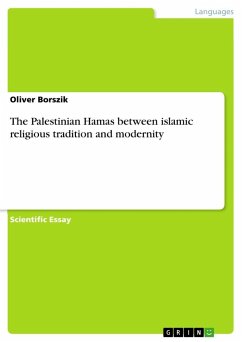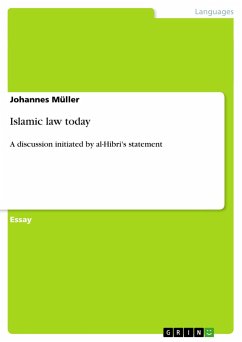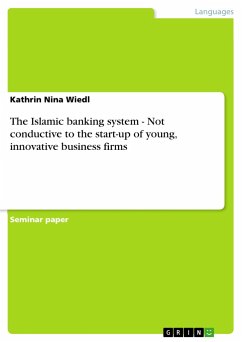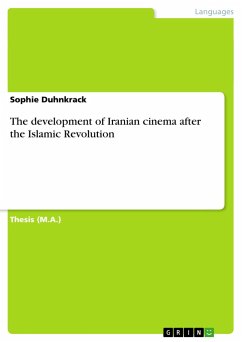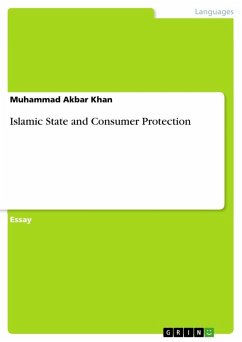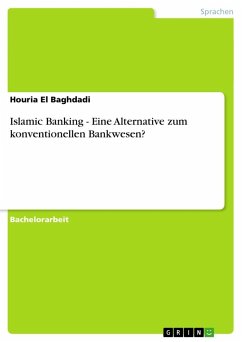Seminar paper from the year 2006 in the subject Orientalism / Sinology - Islamic Studies, grade: 17 von 20, Vrije University Brussel, language: English, abstract: Islamic movements have become a crucial political issue in Uzbekistan. Despite having taken some transitional democratic measures (opposition parties were granted legal status, an ombudsman was appointed, etc.), and even though President Karimov had shown an early interest in Western (and in particular European) institutional systems, it seems that over the past five years the democratic process in Uzbekistan has taken a step back to practices inherited from Soviet times. Much of the state's repressive apparatus and many of the its negative economic policies have been attributed to the need to fight against Islamic extremist. The most prominent Islamic groups in Uzbekistan are the Islamic Movement of Uzbekistan (IMU) and Hizb ut-Tahrir (HuT). After the IMU infrastructure and capacity was destroyed during the U.S.- led military campaign in Afghanistan in 2001 its role in challenging the regime of President Karimov´s regime states has been taken over by the non-violent radical group Hizb ut-Tahrir. Unlike the IMU, the HuT is a true transnational organization that consists of semiindependent branches, only some of which are in Central Asia. In Central Asia, it has been most active in Uzbekistan. The purpose and the limit of this paper is to give an overview of the historical background, the ideology, the organisational structures and the aims of the HuT. Special attention will be paid to its political methodology and its attitude towards violence, which is essential to understand and assess the role of Islamic movements such as HuT Uzbekistan. Due to the government's crackdown of the party, state propaganda, conflicting media reports lead by internal and external interest groups and the parties own propaganda agenda it is very difficult to find reliable information about the parties involvement inthe region. However, the International Crisis Group (ICG) is the trustworthiest source in this aspect since it has a regular and extended coverage of the area and its political situation with a special focus on the Islamic movements. In addition, they have on the spot teams with direct contact to locals which gives them additional credibility. The papers statements regarding the party's activities in Uzbekistan are thus mostly based on ICG report about HuT in Central Asia.
Hinweis: Dieser Artikel kann nur an eine deutsche Lieferadresse ausgeliefert werden.
Hinweis: Dieser Artikel kann nur an eine deutsche Lieferadresse ausgeliefert werden.

